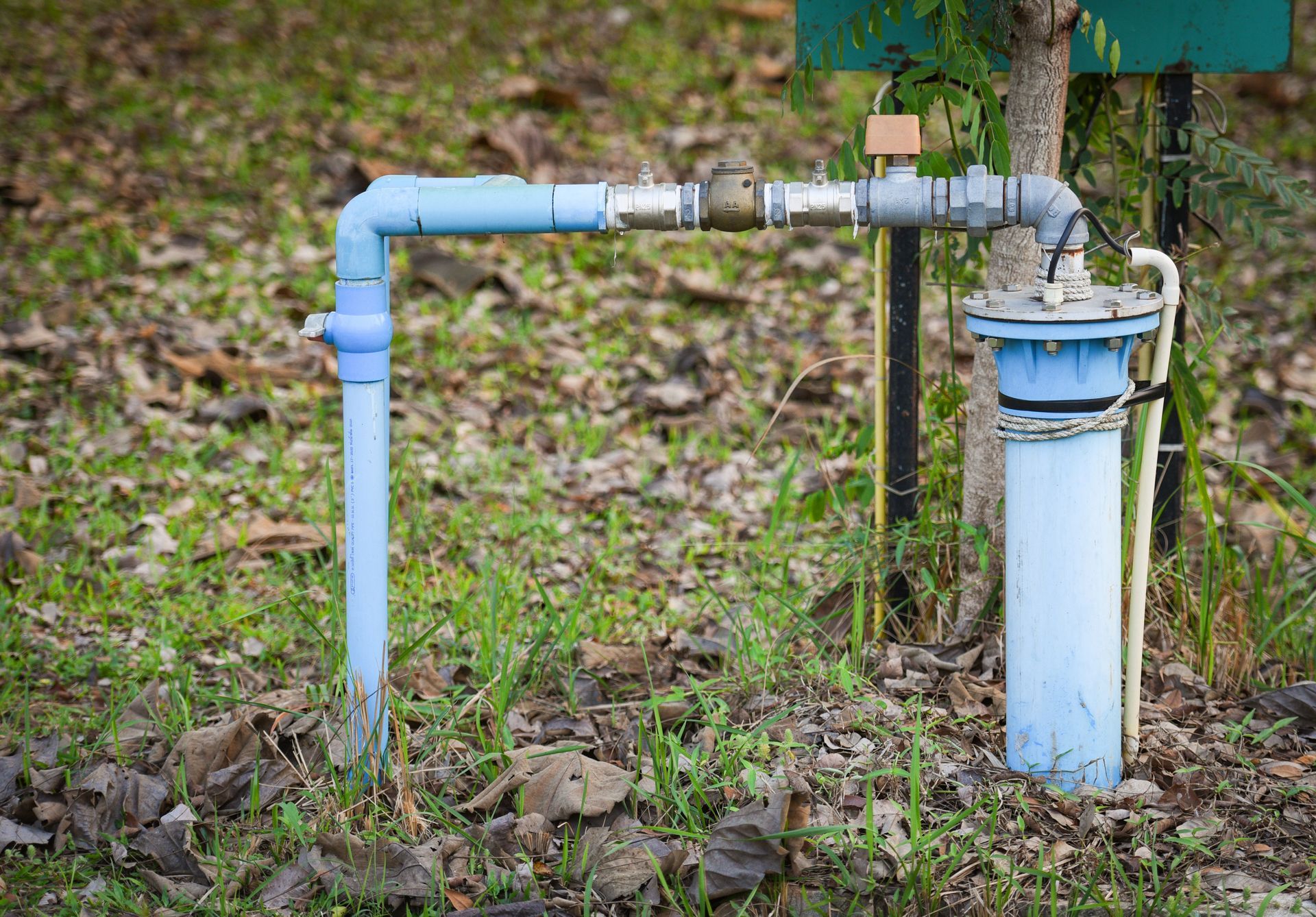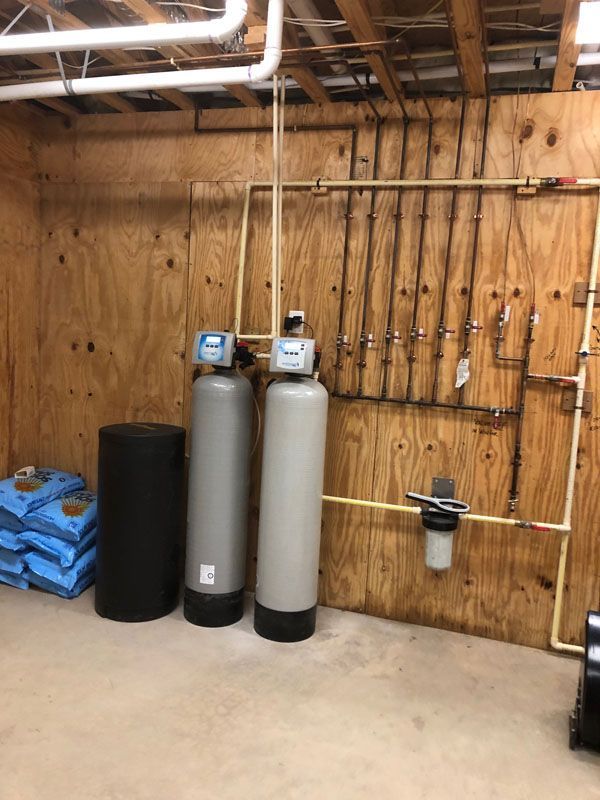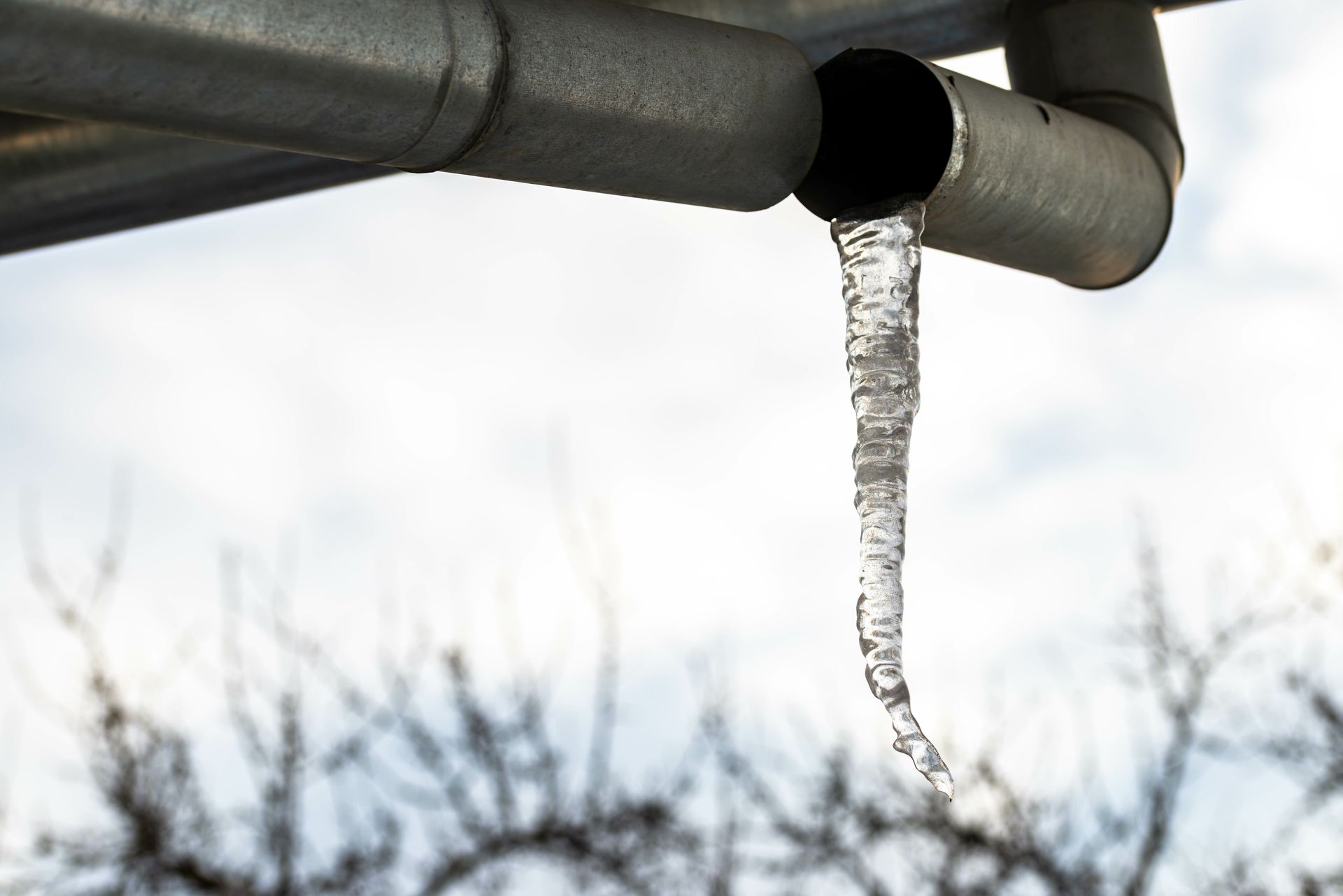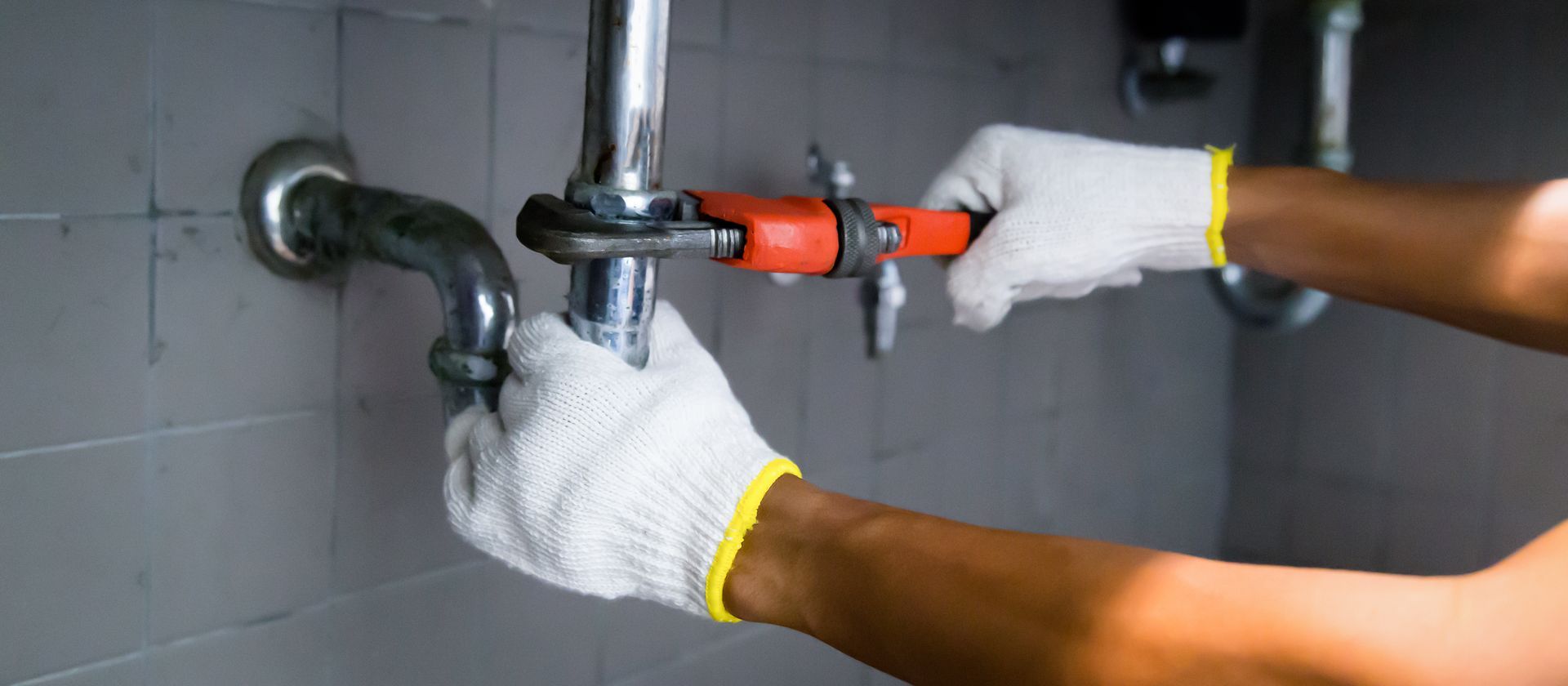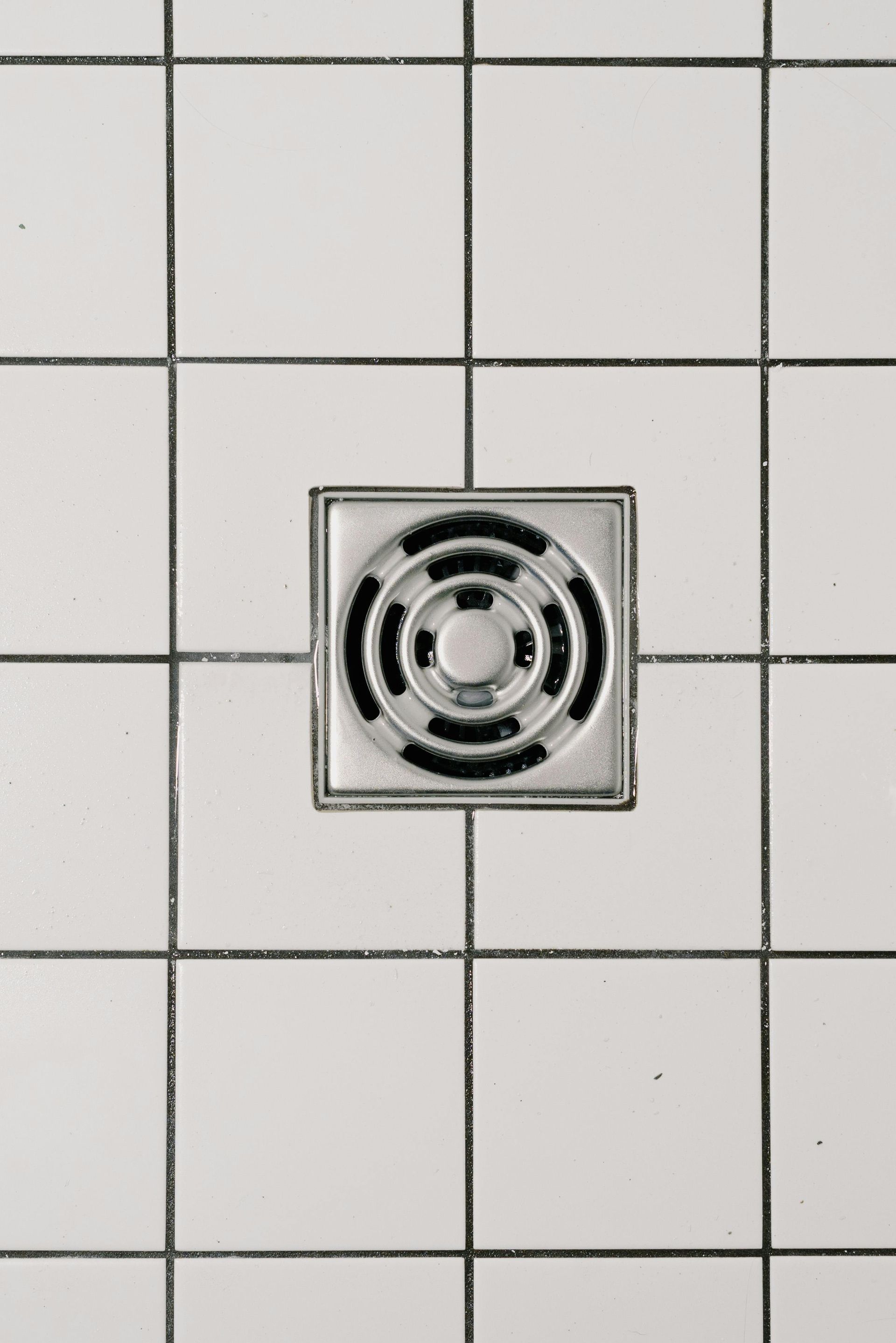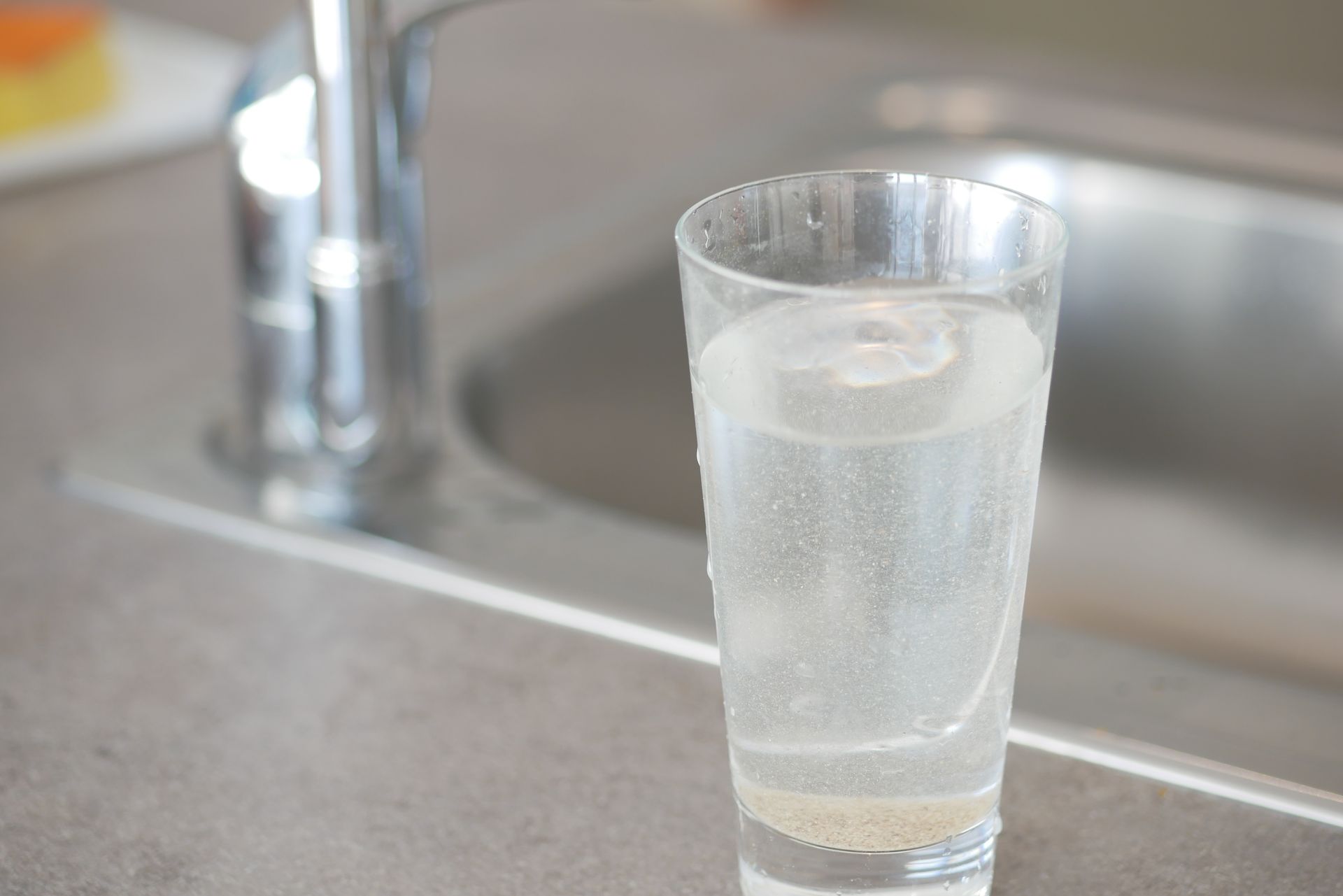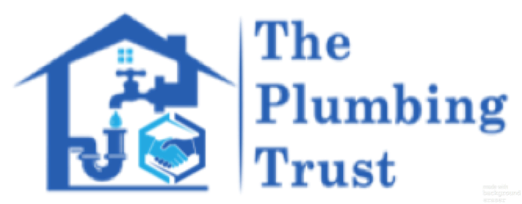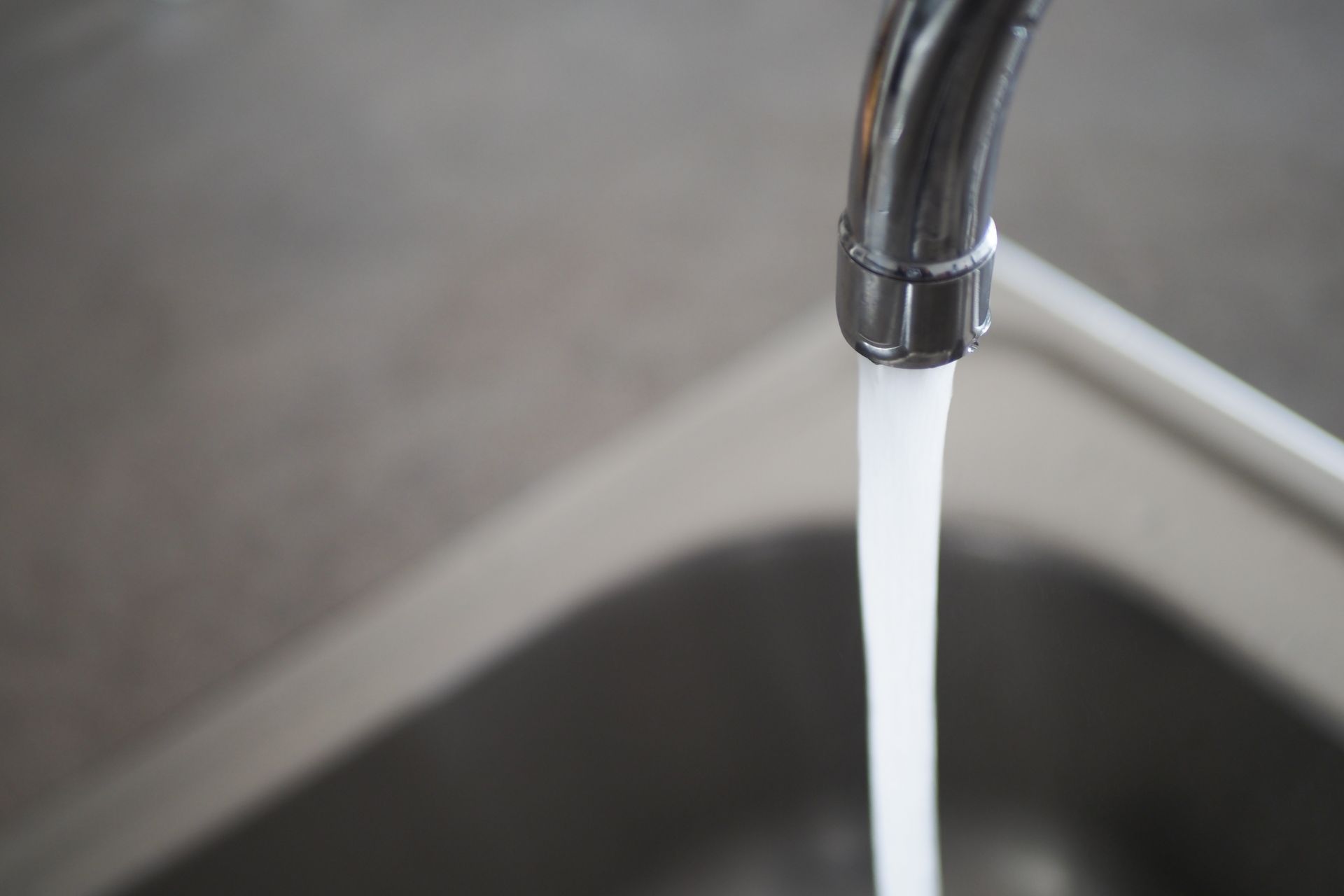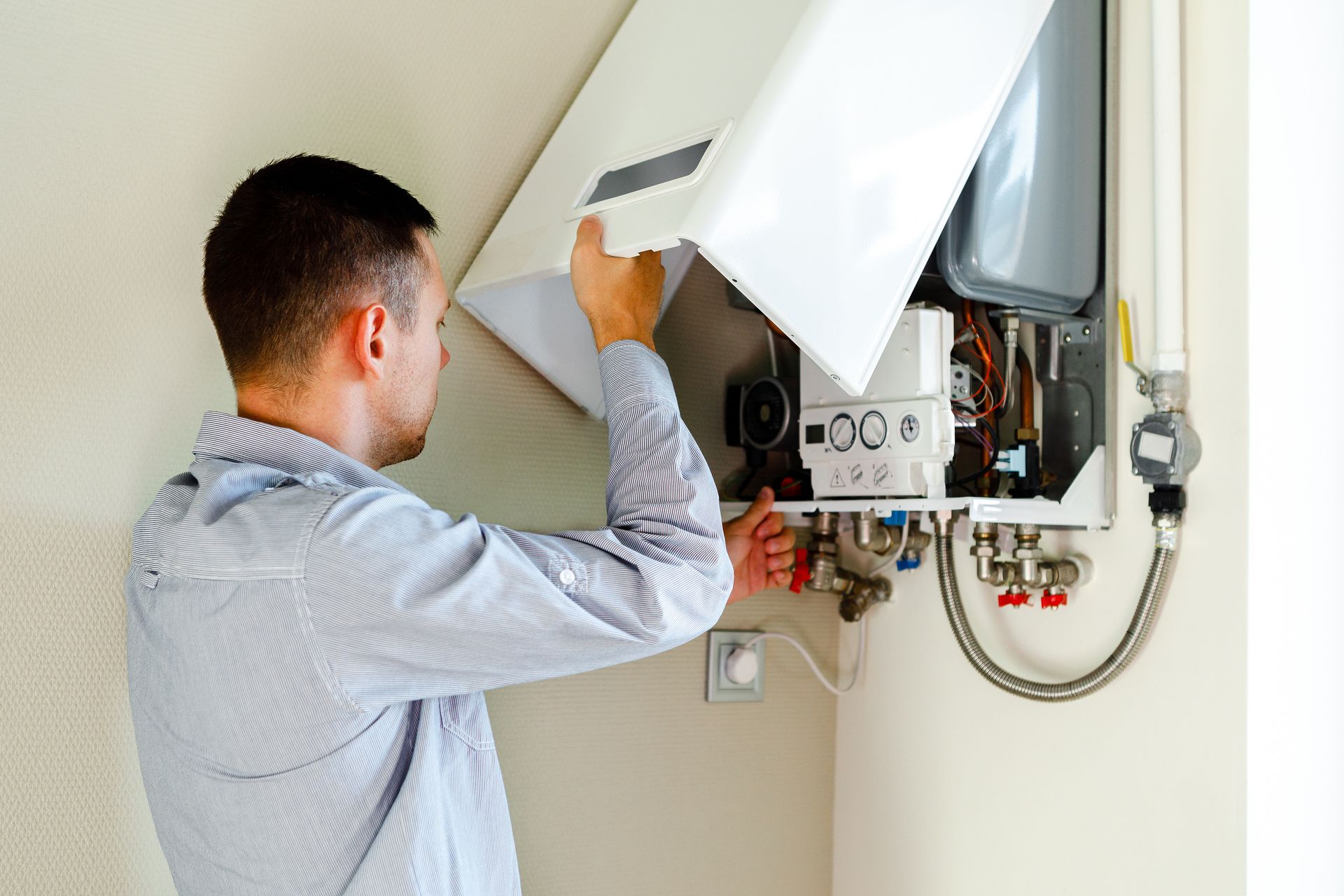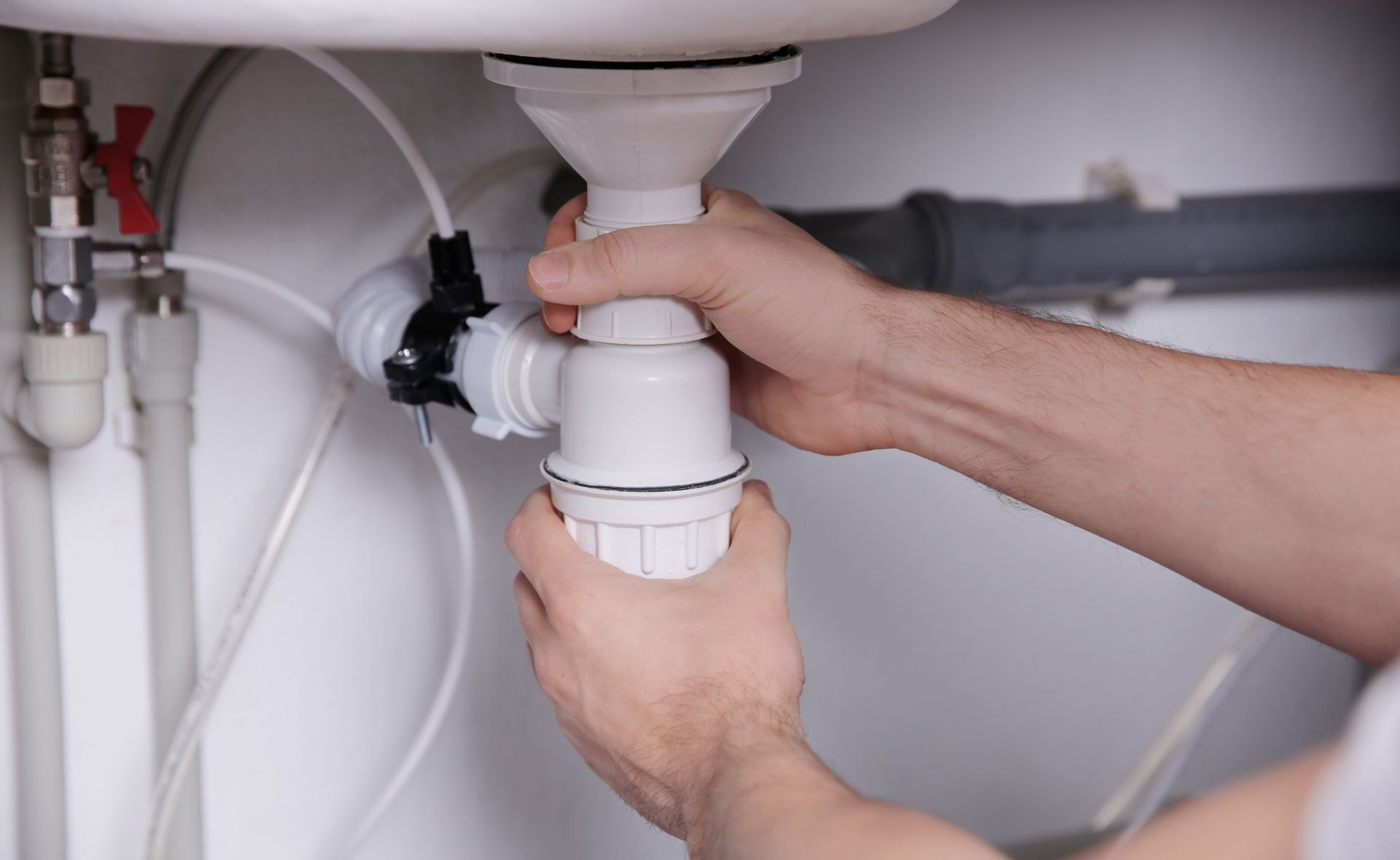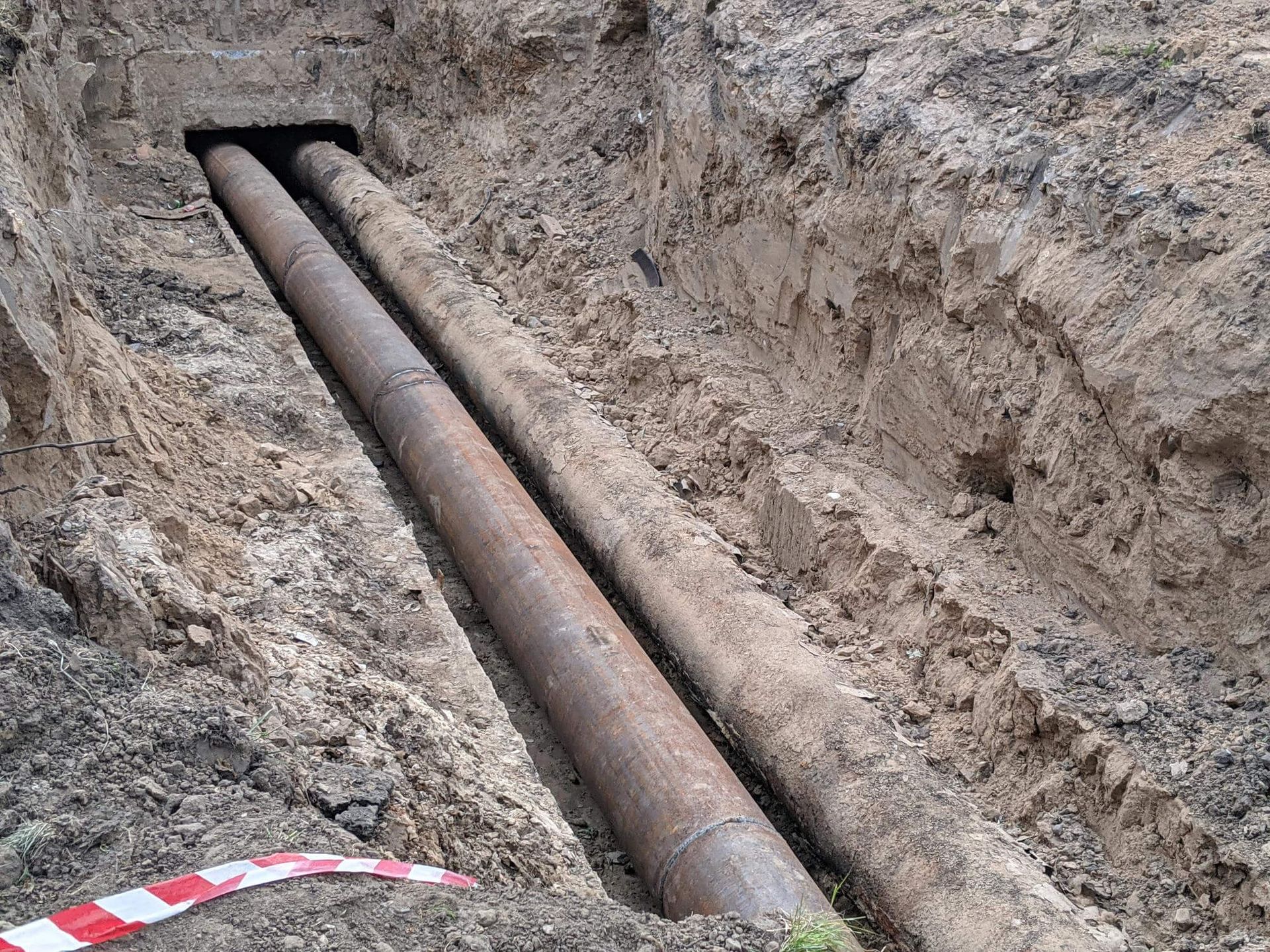Understanding Water Pressure Issues: A Guide by The Plumbing Trust
Water pressure problems are more than just a household inconvenience—they often signal underlying plumbing issues that need prompt attention. Whether you're experiencing weak water flow in your shower or intermittent changes in pressure, understanding the root causes and solutions is crucial. This guide, brought to you by
The Plumbing Trust in Martinsburg, WV, will delve into common water pressure issues, their causes, and how our expert team can help you restore your home's water system to optimal performance.
Common Causes of Low Water Pressure
Low water pressure can have a significant impact on your daily life, making simple tasks like showering or washing dishes time-consuming and frustrating. Several factors can contribute to low water pressure in your home, including:
- Clogged Pipes: Over time, mineral deposits and debris can accumulate in your pipes, restricting water flow. This issue is more frequent in areas with hard water. Scale from minerals such as calcium and magnesium builds up inside the pipes, reducing the diameter through which water can flow and consequently lowering water pressure.
- Leaks: Even small leaks can significantly reduce water pressure as water escapes the system before reaching its destination. Water leaks contribute to increased water bills and water wastage. They can occur at joints in your plumbing or due to wear and tear over time.
- Faulty Fixtures: Worn-out or malfunctioning faucets, showerheads, and other fixtures can impede water flow. If a fixture is old, it may be corroded inside, causing poor water flow. Sometimes, the problem can be as simple as a clogged aerator on a faucet.
- Pressure Regulator Issues: If your home is equipped with a pressure regulator, a malfunctioning unit can lead to inconsistent water pressure. The pressure regulator is designed to keep water pressure at a safe level, but if it fails, you may experience pressure that's too high or too low.
- Municipal Water Supply Problems: Sometimes, the issue stems from the water supply provided by your local municipality. If there is maintenance or a problem with the main water line, it can affect the pressure in your home.
Diagnosing Water Pressure Problems
Proper diagnosis is the first step toward resolving water pressure issues. Our experienced plumbers at The Plumbing Trust use a systematic approach to identify the root cause of your water pressure woes. Here's what our diagnostic process typically involves:
- Initial Assessment: We start with a thorough inspection of your plumbing system, checking for visible signs of leaks, corrosion, or damage. This includes looking under sinks, around water heaters, and in basements or crawl spaces where pipes are often exposed.
- Pressure Testing: Using specialized tools, we measure the water pressure at various points in your home to pinpoint where the problem lies. This can help us determine if the issue is widespread or isolated to certain fixtures.
- Fixture Evaluation: We examine your faucets, showerheads, and other fixtures to ensure they are functioning correctly. Sometimes, simply cleaning or replacing a fixture can solve the problem.
- Pipe Inspection: If necessary, we utilize advanced camera technology to inspect the interior of your pipes for blockages or damage. This non-invasive method allows us to see exactly what's happening inside your plumbing system without tearing down walls or digging up your yard.
Solutions for Improving Water Pressure
Once we've identified the cause of your water pressure issues, we can implement a range of solutions tailored to your specific situation. Some common remedies include:
- Pipe Cleaning: If mineral deposits or debris are clogging your pipes, we can use professional-grade cleaners or hydro jetting to clear the obstructions. Hydro jetting involves using a high-pressure stream of water to remove buildup inside pipes.
- Leak Repair: Addressing leaks is crucial for maintaining water pressure. Our team can quickly and efficiently repair any leaks in your system. We use advanced leak detection methods to find hidden leaks that might otherwise go unnoticed.
- Fixture Replacement: Upgrading old or malfunctioning fixtures can significantly improve water flow. Modern fixtures are designed to be more efficient and often provide better water pressure even with lower flow rates.
- Pressure Regulator Adjustment or Replacement: If your pressure regulator is the issue, we can adjust or replace it to ensure consistent water pressure. This small device plays a big role in the overall health of your plumbing system, so it's important to keep it in good working order.
- System Upgrades: In some cases, upgrading your plumbing system or adding a booster pump may be necessary to achieve optimal water pressure. Older homes, in particular, might benefit from updating their plumbing to modern standards.
Preventative Measures to Maintain Water Pressure
Preventative maintenance is key to avoiding future water pressure problems. Here are some tips to keep your plumbing system in top condition:
- Regular Inspections: Schedule periodic inspections with our team to catch potential issues before they become major problems. Regular maintenance can help avoid costly repairs and save you time.
- Clean Fixtures: Regularly clean your faucets and showerheads to prevent mineral buildup. This simple task can keep your fixtures functioning properly and maintain good water pressure.
- Monitor Water Pressure: Keep an eye on your water pressure and report any sudden changes to our team. Sudden drops in pressure can indicate a problem that needs immediate attention.
- Install Water Softeners: If you have hard water, consider installing a water softener to reduce mineral deposits in your pipes. This can help prevent clogs and prolong the life of your plumbing system.
- Upgrade Plumbing: Invest in modern plumbing materials and technology to improve the overall efficiency of your water system. Newer materials are more resistant to corrosion and buildup, helping maintain good water pressure.
Need Help with Water Pressure Problems? Contact The Plumbing Trust Today!
If you're experiencing water pressure issues or any other plumbing problems, don't hesitate to reach out to
The Plumbing Trust. Contact us today at
(304) 249-4956 to schedule a consultation or service appointment. We provide
general plumbing,
water treatment,
well pump repair,
underground utilities, and
tankless water heaters. Let us help you restore your home's water system to optimal performance.
FAQs
